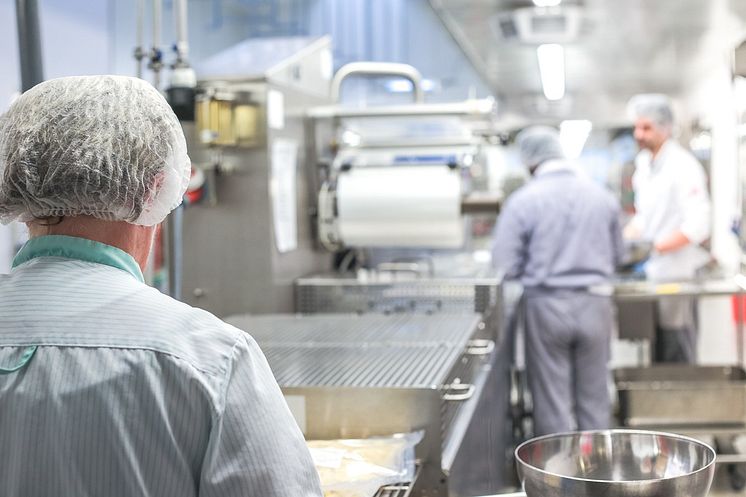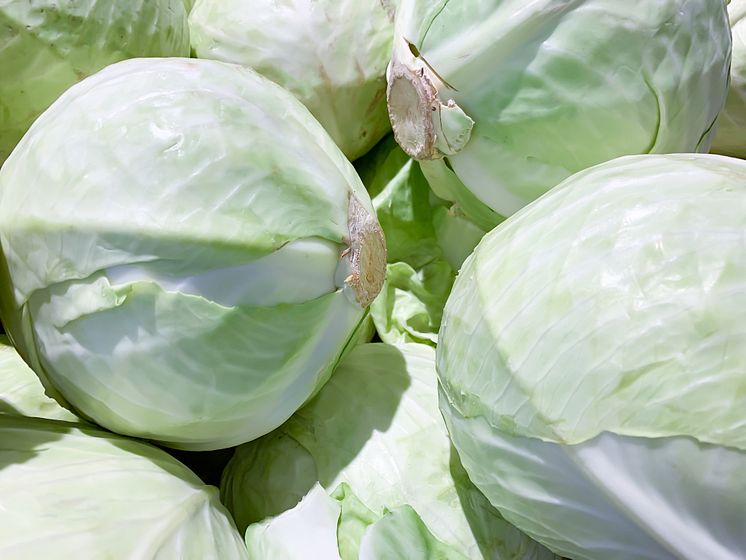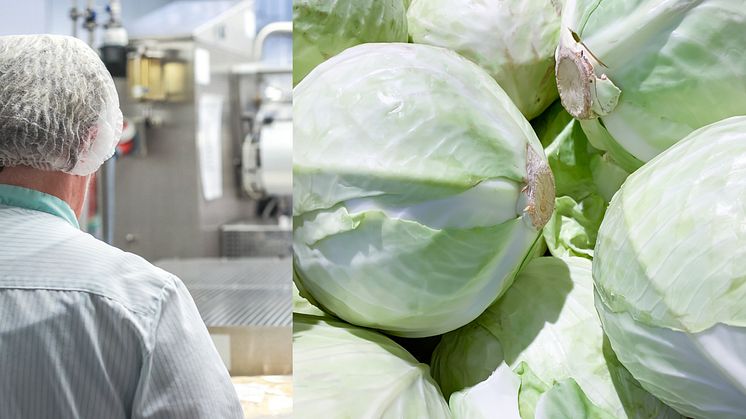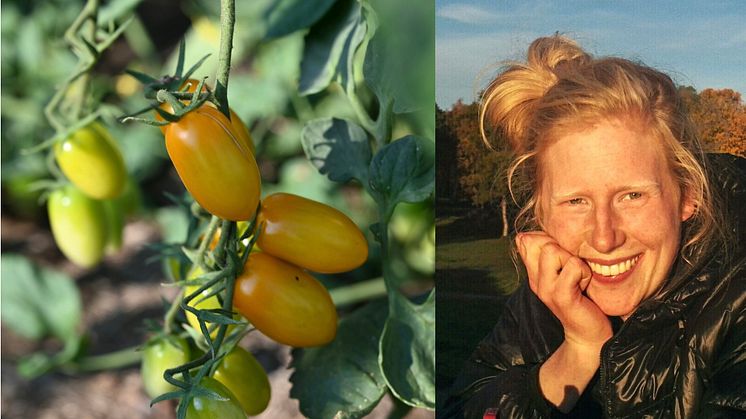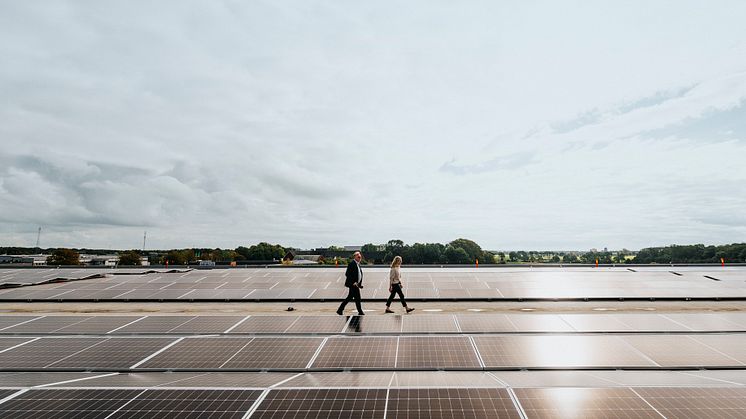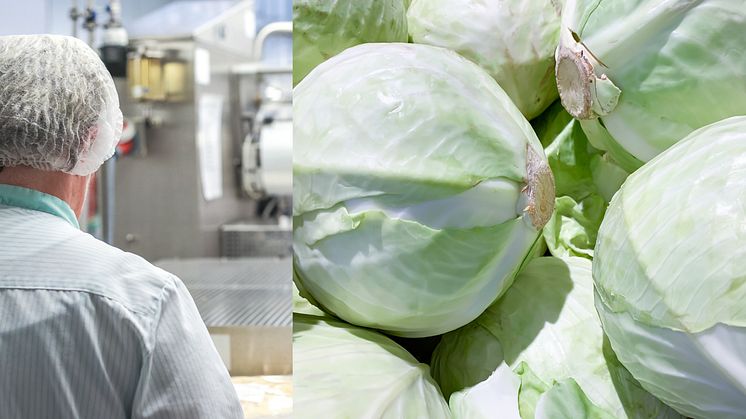
Press release -
400 Tons of Cabbage Waste Transformed into Food in New Swedish Pilot Project
Since 2023, Greenfood has collaborated with Tekinn to explore how fermentation can convert fibrous and woody vegetable parts into nutrient-rich raw materials. The project has now received approval to continue investigating the technology's potential with support from Sweden's innovation agency Vinnova. This funding enables the transformation of 400 tons of cabbage waste into edible products, potentially reshaping the future of food systems and their waste flow.
In 2023, Greenfood partnered with the Swedish biotechnology firm Tekinn AB to launch an initial pilot project aimed at turning waste into edible food through a unique fermentation process. In addition to breaking down insoluble fibers in waste products and making them edible, fermentation enriches these materials with nutrients, flavor, texture, and shelf life. The continuation of this pilot project has now been granted funding from Vinnova.
The project has been assessed by Vinnova as having "high innovation potential and significant societal relevance." With its goal of converting food losses into nutritious food, the project is expected to enhance competitiveness within the food sector and increase the system's resilience to future challenges such as climate change and uncertain global supply chains.
“We are very pleased to have received this external validation of the project's and our innovation's potential to drive positive change within the food system. It is particularly encouraging to see recognition of the long-term sustainability – both environmentally and economically – which is crucial for such transformations to become a reality,” says Fredrik Jonsson, founder and Business Development Manager at Tekinn AB, which is currently collaborating with several key players in the food system to manage and refine various types of fibrous waste flows and food losses.
If the pilot project proves successful, the new method may be applied to nearly 400 tons of cabbage waste from production at Salico, with the potential for further scaling. As one of Sweden's largest players in the processing and distribution of fruits and vegetables, there is immense potential to transform Salico's owner Greenfood's waste streams into valuable raw materials, fundamentally changing the food system.
The collaboration with Tekinn is a result of Greenfood's sustainability goals, where high internal demands continuously create new incentives to identify and develop innovative solutions. Innovation is crucial in the industry – according to a report from the Swedish Board of Agriculture, food losses for eight of the most common food items are estimated at 450,000 tons annually.
“This project not only represents a significant step forward towards our own ambitious sustainability goals by drastically reducing our waste, but it also holds the promise of enabling us to offer a groundbreaking, valuable product – both nationally and globally – that meets the demand for sustainable and nutritious food,” says Maria Mehlin, Sustainability Developer at Salico AB.
About Greenfood and Salico AB
Salico is one of Scandinavia's largest suppliers of pre-cut salads, fruits, vegetables, and ready-to-eat meal solutions. Salico is part of Greenfood, one of the leading groups in the Nordics in healthy food, encompassing the entire food chain—from cultivation and processing to delivery and consumtion.
About Tekinn
Tekinn AB is a foodtech and biotechnology company based in Lund that, through unique fermentation technology, enables players in the food sector to convert their waste flows into valuable and unique ingredients, creating new business opportunities and contributing to more sustainable food production. Tekinn is a member of SmiLe Venture Hub, where foodtech and life science companies receive business support to develop and commercialize their products.
We just love healthy food. Making it tastier. Simpler. Better. And more accessible. Passion is what has made Greenfood one of northern Europe’s leading groups in healthy food, and we have a history that stretches back some 50 years. Greenfood had sales of SEK 5.3 billion in 2019 and has approximately 1,500 employees. The business is broad and with our three business areas we are involved in the entire food chain – from growing, processing and delivery to the moment when consumers put forks in their mouths. Greenfood’s business areas are: Picadeli, Food Solutions and Fresh Produce.
Brands within the Group include: Picadeli – the leading European take-away chain that focuses on healthy fast food; Greendeli – a Scandinavian leader in healthy and tasty food-to-go products; Daily Greens – a challenger supplying fruit and vegetables direct from the farms, and SallaCarte – the time saver that allows chefs to spend more time on being creative in the kitchen by offering a wide range of freshly prepared fruit and vegetables. Find out more at www.greenfood.se

